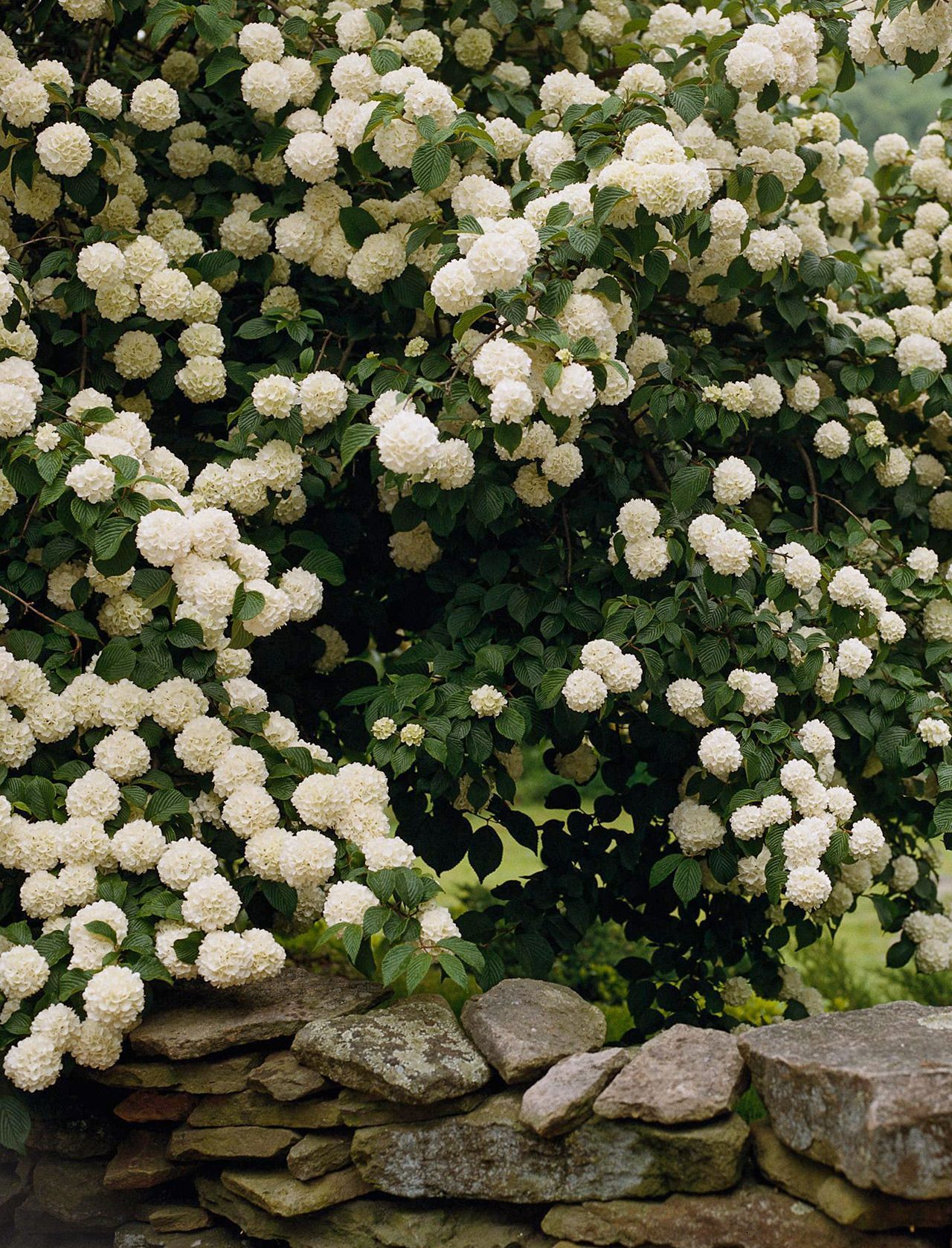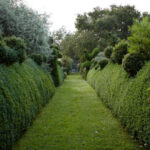Garden hedges can add beauty, privacy, and structure to your outdoor space. However, in order to keep them looking their best, it is important to properly maintain them. With the right care and attention, your garden hedges can thrive and enhance the overall appearance of your yard. Here are some expert tips for maintaining healthy garden hedges:
1. Regular Pruning: One of the most important tasks in hedge maintenance is regular pruning. This helps to keep the hedge in shape and encourages healthy growth. It is best to prune your hedges at least once a year, ideally in the spring or early summer. Be sure to use sharp, clean tools to avoid damaging the branches.
2. Watering: Like any other plant, hedges need water to thrive. It is important to water your hedges regularly, especially during dry spells. Make sure to water deeply at the base of the hedge to encourage deep root growth. However, be cautious not to overwater, as this can lead to root rot.
3. Fertilizing: Hedges can benefit from regular fertilization to promote healthy growth. Use a balanced fertilizer specifically formulated for hedges, and apply it according to the manufacturer’s instructions. Fertilize your hedges in the early spring and again in the fall for best results.
4. Mulching: Mulching around your hedges can help retain moisture, suppress weeds, and provide nutrients to the soil. Apply a layer of organic mulch, such as bark chips or compost, around the base of the hedge. Be sure to leave a gap between the mulch and the hedge to prevent rotting.
5. Pest Control: Keep an eye out for pests that may be damaging your hedges, such as aphids, mites, or caterpillars. Regularly inspect your hedges for signs of pest damage, such as yellowing leaves or distorted growth. If you notice any pests, treat them promptly with an appropriate insecticide.
6. Disease Prevention: Hedges can also be susceptible to disease, such as fungal infections or powdery mildew. To prevent these issues, make sure to plant your hedges in well-draining soil and provide adequate air circulation around the plants. If you notice any signs of disease, such as discolored or wilting leaves, treat it promptly with a fungicide.
By following these expert tips for maintaining healthy garden hedges, you can ensure that your hedges remain vibrant and beautiful year-round. With a little care and attention, your hedges can be a focal point in your garden for years to come.




















